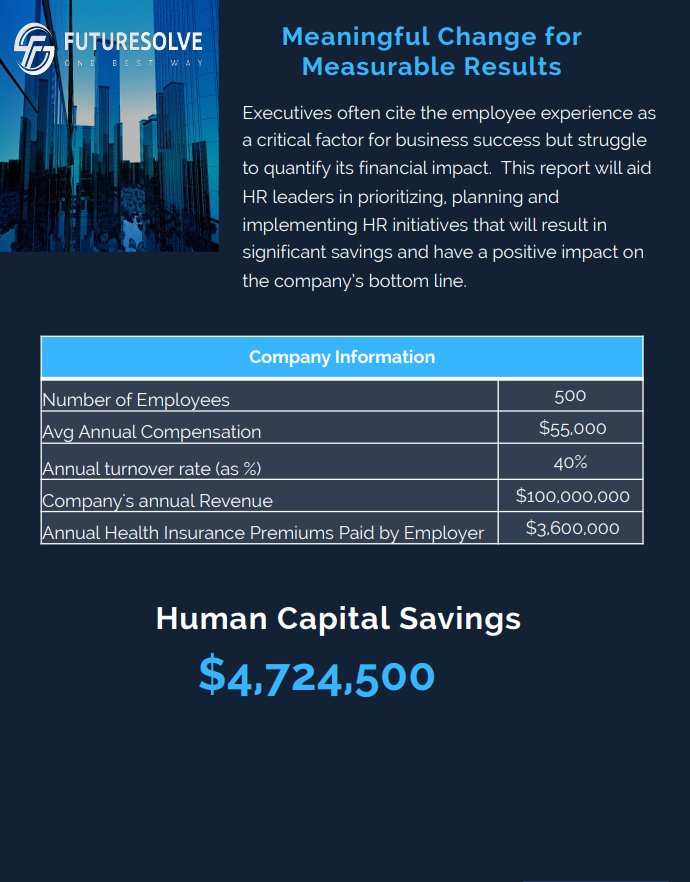Workplace stress has managed to reach record levels in the past few years -affecting both individuals and organizations alike. As per a recent survey, it was reported that over 2,000 full-time employees -aged between 18 & 79, over half of the employees observed that they are stressed during 60 percent of the entire workweek.
Work stress is known to impose major health consequences -ranging from benign (like having flu and cold) to potentially serious (like metabolic syndrome and heart disease).
It is quite common to experience stress at work. At the same time, low-stress jobs are difficult to find. A highly realistic approach is adopting effective coping strategies for reducing stress at the current job. While it is not entirely possible to eliminate stress, there are some effective ways of managing and mitigating the same.
How does Stress Affect Us?
An increasing number of workers in the modern era are experiencing work-related stress. Eventually, it is affecting their jobs while compromising the overall health and performance. Workplace stress not only impacts the worker. It also has adverse effects on the company performance. The impacts of job-related stress are evident in the physical health, the overall behavior, and mental health of the workers.
These effects take place in a continuum. In turn, distress leads to elevated anxiety levels and blood pressure. It increases the risk of substance abuse, coronary heart diseases, and anxiety-related disorders.
Workplace stress has an adverse impact on the mental health of the employees as well. They can experience burnout, increased anxiety, substance abuse, and depression. Workers who are stressed out at work are more likely to get engaged in unhealthy behaviors -including drug abuse, alcohol consumption, smoking, and poor dietary habits.
With the given range of attendant health-specific effects, workplace stress results in reduced employee productivity, decreased presenteeism and increased absenteeism, increased number of leaves, and boosted healthcare treatment costs.
6 Useful Tactics to Reduce Stress at Work
Some of the effective work-related stress management strategies that you can come across to cope with stressful situations at work are:
#Eat Healthy
Food has a major impact on the overall stress levels. What you consume can either increase or decrease your stress. It is equally important to pay attention to your hydration levels. It is because even mild dehydration can induce stress-related feelings.
You should come up with a dedicated plan for healthy eating and nutrition. You should focus on eating foods that are rich in protein, fats, fiber, and essential nutrients. It will help in fueling your body throughout the day. Experts recommend that you should avoid having a low-fat diet. It can only increase the overall stress levels. Rather, you can opt for consuming healthy fats found in avocadoes, nuts, dairy, and fish.
#Socialize
Making acquaintances and friends at work is not an easy feat. Hours that are spent bonding at workplaces can help in building stronger relationships. However, dedicated quality time that is spent on team-building can help in speeding up the bonding process.
You can expedite the get-to-know-you or socializing process by taking part in some structured activity. Moreover, rather than immersing yourself in Instagram feed during lunch, leave your smartphone at your desk and try engaging with co-workers to have a good time together.
#Take Short Breaks
Taking breaks in between work has shown to deliver positive results with respect to stress management. In turn, it can help in improving your overall performance. Recovering from work-related stress can help in restoring energy and mental resources while decreasing the development of sleep-related disorders, fatigue, and cardiovascular diseases.
Social breaks like chatting with your colleague or having a short nap are also known to deliver ample benefits. With the help of social interactions at workplaces, you are able to share the respective experiences while feeling a part of the group.
#Prioritize Your Tasks
One of the major stressors at work is feeling that you are overwhelmed. An effective way to ensure a major decrease in stress is by learning how you can prioritize and organize work. Some of the effective ways of doing it are:
- Clarifying Goals: Before prioritizing, you should have clear objectives.
- Prioritize Against Goals: Do not set priorities randomly. Make use of the goals for evaluating the significance of every task.
- Focus on Important Tasks: While setting your priority, focus only on 2-3 important tasks for the entire day.
#Add Plants to the Workplace
Studies have revealed that nature and plants are highly effective stress relievers. It will take just a few minutes to look at greenery and improve stress levels effectively. Therefore, include greenery in your workplace by adding some plants to the workplace.
You can think of keeping smaller plants on your desk as well. You can focus on the same while feeling stressed out. Do not worry if you do not have access to real greenery. You can also think of using pictures of fake plants to reduce stress levels. Fake plants are also excellent alternatives in case you have pets.
#Mark the End of Your Work Routine
During the morning hours, there is indeed more work traffic as you keep transitioning to the workday. The transition remains unfixed. If you wish to fix the same, it is important to come up with an end to the respective work routine.
Close all your browser tabs, clean the desk, or rinse your coffee utensils -you can do anything to help you put the workday to an end. The work routine for the end of the day will become your tip to disconnect and switch off from the daily mundane tasks.
What can Employers Do?
There has never been a significant time for small-scale employers or enterprises to reduce work-related stress levels. Some of the effective strategies are:
- Leading by example
- Introducing employee wellness plans
- Communicating with the employees
- Providing a comfortable working space in the office
- Creating opportunities for social activities
Conclusion
While dealing with stress at work is a genuine problem for most organizations, it can be easily handled with some effective tips.





























